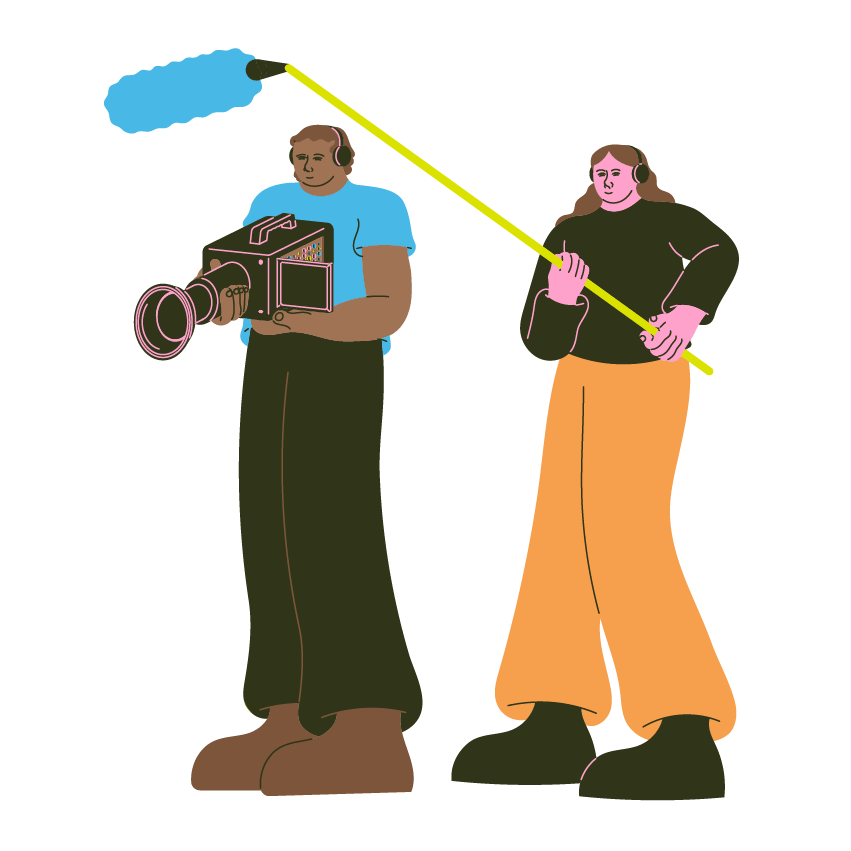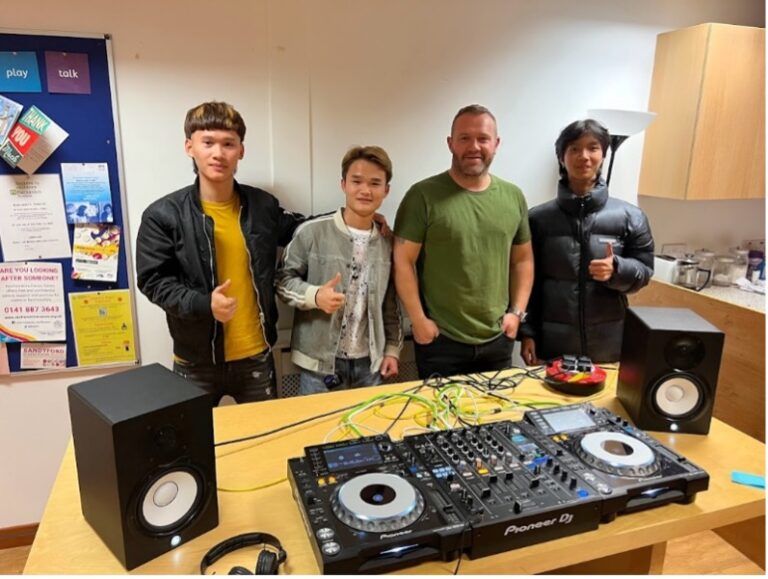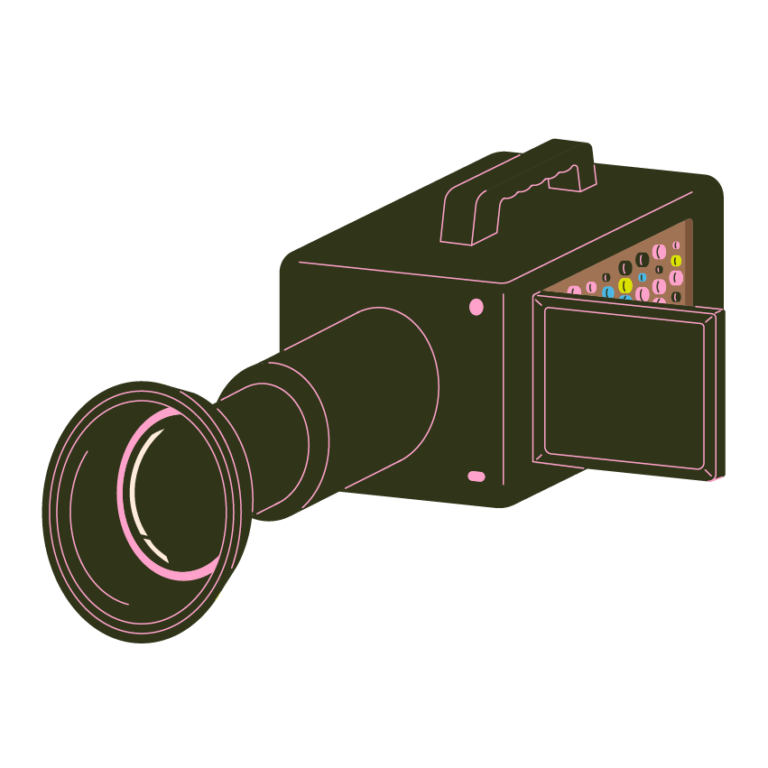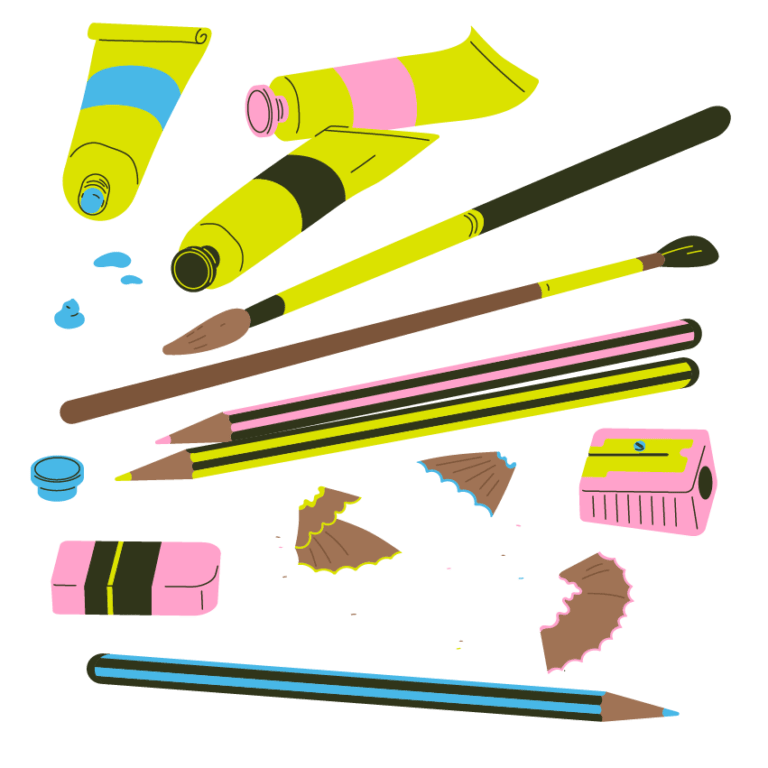This is a new partnership project between Media Education (ME), Syrian Futures – The University of Edinburgh (SF) and the young people we will work with. ME and SF aimed to collaborate to deliver a storytelling and filmmaking project for young refugees between 16 – 25 years of age. The project aimed to provide a skill-building and training opportunity for young Syrian people to create films about their contributions to Scottish society and to celebrate the successful integration of their families.
Changing the Narrative


This project aims to challenge a dominant negative narrative that exists in Scotland relating to refugee communities.
Key Information
Project Partner
Syrian Futures – The University of Edinburgh
Geographical reach
Glasgow
Target Groups
Young people, Syrians, Refugees, Socio-economic disadvantage
Project Type
Spreading good practice
Background
The project was designed to respond to feedback from young people supported by SF who experienced stigma whilst at school. The young people felt that there was a culture of prejudice and misunderstanding around the ability of refugees to make a contribution to life in Scotland and that this misunderstanding is also perpetuated in mainstream media messaging. Refugees come from different backgrounds and they think there is value in showing their diversity.
Involvement of New Scots in project
Refugees were fully involved in our delivery throughout. The whole project was run in co-production and partnership. The only area where we could not do this was in our postproduction edit which is complicated and time consuming and required our editors to work alone but they worked under the direction of the young Syrian people.
Impact
Media Education and Syrian Futures undertook all activities we planned to do. With Syrian Futures and 8 young Syrian refugees we created 5 films which reflect the young people’s lives in Scotland. We planned the films together through brainstorming sessions about shared experiences. We identified themes and the young people chose what they wished to explore on film. We then met and scripted and shot the films. Edit and Post Production was completed by Media Education. Together we watched the films and planned a screening at the Filmhouse in Edinburgh. The young people prepared a presentation and practised for a Q and A. We sent out invites together and held the event. We have now planned future events and ways to share the films and intend to keep working together. 3 other young Syrian refugees have requested to join us and make films of their own. We have found a funding source that will allow us to keep going. The young people also have the chance to submit their films to Edinburgh College and receive an accreditation in Access to Video. We created more animation based films as the young people did not want to be identifiable on camera. This was not something we had expected and meant that the project involved more postproduction by Media Education, however this was successful in achieving the young people’s aims.
We are very happy with the achievements of our project. The main evidence of success is that all the young people who started with us are still engaged and wanting to continue. Two new young people joined us during the project and three more would now like to join. We did not expect the young people to be able to achieve a college accreditation for their work with Edinburgh College. We also did not expect to end the project with so many new plans for the future. Our relationship with Syrian Futures is very strong and we can see many ways we can collaborate together to do more important work. The timescale was very short, particularly because we lost so much time at the beginning with the Omicron restrictions but we overcame this. We know have an active and engaged group of young people who understand that they have things of importance to say, they now have the confidence to say what they feel and share their experiences. This is the most important change and they are strong in their relationships as a group. This has resulted from spending time building trust, listening at the start to their concerns, changing the style of the films so that they did not need to appear on camera and producing high quality films that they are very proud of. We have 5 films which are a great resource for raising awareness of the lives of new young Scots in Scotland today.

Challenges encountered
We found the timescale very challenging but the main other challenge was that the young people initially did not want to be on camera. We had to come up with ways of creating the films that protected their identity. This was fine but involved a longer postproduction process which it was not possible to involve the young people in to the degree that we would have liked to.
Solutions
The young people were very happy with the films and after watching the final films gained confidence to be on camera at the screening and to have their presentation filmed.
Further Information
Media Education, Syrian Futures and the young people have created 5 films for screening to promote greater understanding of the lives of young Syrian refugees in Scotland today. We are currently working on learning materials to accompany the films. Initially we just expected to share the films, but we now think that learning materials would enhance the films. This is just to highlight themes in the films and give people discussion pointers. We want people not only to watch the films but to discuss the issues involved. We feel that teachers, youth workers etc would benefit from additional resources. We have held one large screening and have plans for more. The feedback from our first screening was really positive. People want to discuss the themes and have lots to say. We ran out of time at our first event because the discussion was so lively. We now plan to use youth networks across Scotland to share the films and to get them into as many schools as possible.


